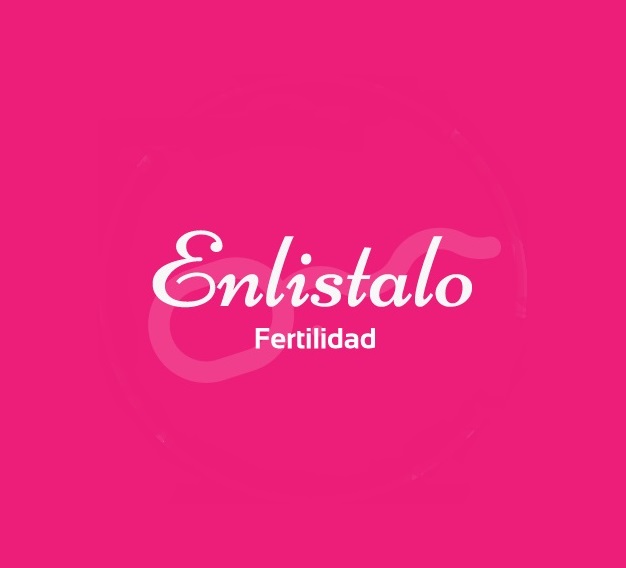Recommendations after an embryo transfer through egg donation
As part of your in vitro fertilization (IVF) process, after going through the ovarian stimulation and egg retrieval phases, you are about to undergo an embryo transfer...

Recommendations after an embryo transfer through egg donation
As part of your in vitro fertilization (IVF) process, after going through the ovarian stimulation and egg retrieval phases, you are about to undergo an embryo transfer...
You will then have to wait for the test to confirm that you are pregnant. The waiting period that you are preparing to go through generally lasts between 9 and 14 days. This time may be synonymous with doubts and questions. However, serenity and optimism remain among the keys to the success of your medically assisted reproduction protocol.
What recommendations should you follow after an IVF embryo transfer with egg donation? How can you increase your chances of pregnancy? Can you continue to play sports? Can you have intimate relations? Is there a medical treatment to follow? In this article, we answer your questions and give you advice on how to live well after your transfer.
Precautions to take immediately after the embryo transfer?
The embryo transfer is quick and painless. It takes place in the operating room on an outpatient basis, without anesthesia. After your transfer, you will not need increased medical supervision. You may be advised to rest for a few minutes. Then you will be ready to resume your usual activities. You should know that your position after the transfer will not affect the embryo. That is, whether you are lying down, sitting or standing, your uterus will not be under pressure and the embryo will not be at risk of "falling out.
General recommendation after IVF embryo transfer
Live a normal life, be active, stay positive! Here are the main recommendations to follow after an IVF embryo transfer. You can continue to work and go about your daily life. You can exercise, get around and enjoy your favorite pastimes. The only condition is that you don't overdo it: don't carry heavy loads and don't exert yourself too much.
As for your diet and lifestyle, eat a healthy and balanced diet. Just as it is recommended before an embryo transfer. Avoid caffeine, theine, tobacco and exposure to endocrine disruptors. Finally, don't hesitate to reach out to friends and family. With support and companionship, it will be easier to keep your spirits high until you find out if you are pregnant.
How many days after the transfer should I wait to have intimate relations?
As a general rule, sexual intercourse is not contraindicated during in vitro fertilization treatment. It must simply be protected during the ovarian stimulation phase, as ovulation is about to be triggered. This is recommended to prevent the (rare) risk of a multiple pregnancy due to hyper stimulation with sporadic ovulation of an oocyte.
After the embryo transfer, intimate relations are still possible, contrary to what one may read or hear. According to some studies, intercourse is even encouraged. The reason is that the seminal fluid could modify the maternal immune system and provoke a complex response. This response would favour the acceptance of the embryo by the patient's body and its implantation in the uterine cavity.
Is there a medical treatment to take?
Recommendations after IVF embryo transfer often include taking progesterone. This is usually continued until week 8 after the embryo is inserted. The administration of vitamin B9 (folic acid) has usually already been started before the transfer. It is important until the end of the first trimester of pregnancy. Note, however, that vitamin B9 supplementation is not specific to IVF pregnancies. It should be done for all pregnancies.
To avoid deficiencies and fight fatigue, you can also take food supplements (vitamins and minerals) formulated for pregnant women. In all cases, follow the prescriptions and advice of your fertility specialist, gynecologist, midwife or doctor.
Your pregnancy test is positive: what happens next?
The long-awaited date for your pregnancy test has arrived. Your blood test has been taken and the result is positive. After your embryo transfer, you are pregnant! Twenty days later, you will have to undergo a follow-up ultrasound with your regular gynecologist to confirm the presence of an embryo sac. Your treatment will then be completed, and all that remains is to wish you a beautiful pregnancy!
Source: IVI-Fertilite.fr
Other articles on the subject
How do uterine fibroids affect IVF success and what can you do about it?
Researchers induce egg development in infertile women
All about ovarian stimulation
